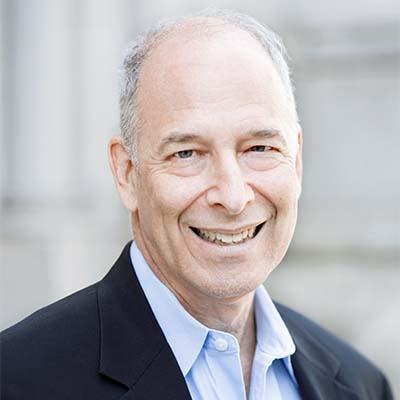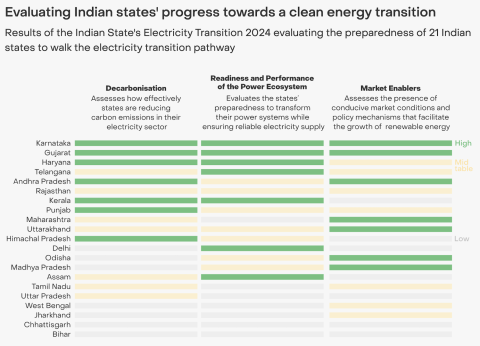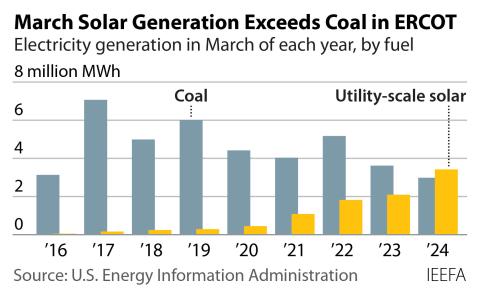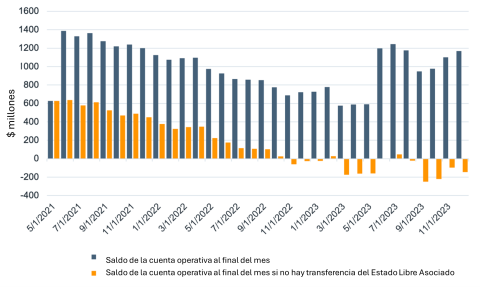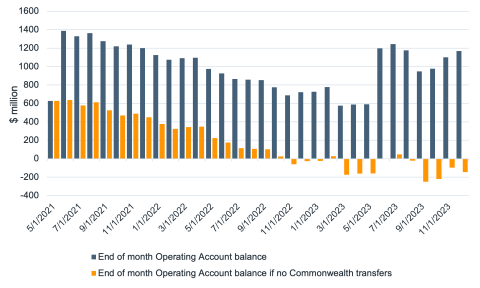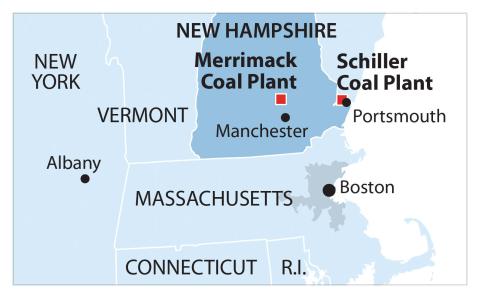An Unlikely Coalition Leads a Georgia Co-Op From Coal to Solar
The announcement last month by Cobb Electric Membership Corporation, Georgia’s biggest rural electric co-op, that it has signed the largest solar power purchase agreement in the history of Georgia co-ops, is the latest chapter in an ongoing success story for Cobb EMC customers. The 131-megawatt plant, to be built by a subsidiary of the Atlanta-based electricity conglomerate Southern Company, will be one of the largest solar facilities east of the Mississippi.
The news serves as a stirring reminder of how things have changed.
Just a few years ago, Cobb EMC was seen as a dual symbol of corruption and status-quo coal consumption. Its longtime CEO had been indicted on racketeering charges. It had led a consortium of co-ops in plans to build a new coal-fired power plant in Washington County. It had ignored informed warnings that the energy industry was changing (the project developer dismissed as “silly” a June 2011 report by IEEFA’s Tom Sanzillo, issued on behalf of Georgia Watch, the state’s leading consumer group, citing the high costs of the plant for consumers).
The resistance that has prevailed, it’s worth noting, didn’t come out of left field. A group of civic leaders in Cobb County had been fighting Cobb EMC’s leadership for years. That group—whose motivation was stopping corruption rather than environmental issues — joined forces in 2011 with less-traditional groups that included the Southern Alliance for Clean Energy and the Sierra Club. Their common goal: replacement of the incumbent Cobb EMC board.
As is often the case at rural electric co-ops, however, the election rules were stacked against the challengers. No one involved in the campaign could remember a single instance of an incumbent Cobb EMC board member having been beaten before. Indeed, it had been years since a board election had even taken place. As a result of litigation, a judge determined that every seat on the board was to be newly decided in a series of three elections to be held over the course of several months at the end of 2011 and into 2012.
The insurgent coalition was vulnerable, too, to its own diverse interests. Opposition to corruption did not necessarily mean opposition to the use of coal-fired power. And the cultural style of the Cobb County civic leaders was not always in sync with that of many of the environmentalists who took up the fight.
But the coalition persevered. And it succeeded. In the first of the three elections, every incumbent was defeated in a landslide. By January 2012, even before the next two elections occurred, Cobb EMC had pulled out of the proposed coal plant project.
The spirit of reform introduced by the coalition has fostered an openness to technological innovation that has flourished under the guidance of the new board members at Cobb EMC over the past three years. One major result was their decision this December to become a leader in solar electricity in Georgia, a move that was embraced by board members, anti-corruption activists, environmentalists, and consumer advocates alike.
Getting there was no cakewalk, but the Cobb story is uplifting and reassuring because it shows how democracy can and should work. An institution subject to public scrutiny is much more likely to make good substantive policy than an undemocratic and opaque institution.
Are there lessons to be learned here that can be applied elsewhere? I think so.
- First, it’s crucial to the common good to have openly contested elections that operate according to rules that support transparent, fair, and inclusive voting.
- Second, it’s important for anyone considering mounting a challenge to entrenched interests anywhere to be open to working with potential allies whose interests don’t fully overlap, who may have philosophical differences, and who may also have different cultural styles.
- Third, and most important, it’s critical to be in the fight for the long haul.
It took years of work on the part of those anti-corruption activists in Cobb County to lay the groundwork for Cobb EMC’s transformation. But most causes that are worthwhile aren’t easy. What happened over time in Georgia is a model co-ops across the country can follow.
Larry Shapiro is president of IEEFA’s board of directors.

